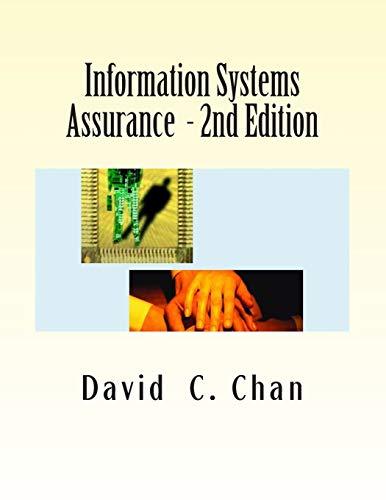Question
A market value weighted index has three stocks in it, call them A, B, and C, priced at 75, 46, and 70 per share. Each
A market value weighted index has three stocks in it, call them A, B, and C, priced at 75, 46, and 70 per share. Each firm has 179, 463 and 169 thousand shares outstanding, respectively. The value of the index at that time is 989. Over the course of the next quarter, the prices of the three stocks change to 42, 91, 72, respectively. What is the new value of the index?
Enter answer accurate to two decimal places.
QUESTION 2
A market value weighted index has three stocks in it, call them A, B, and C, priced at 78, 63, and 23 per share. Each firm has 361, 310 and 100 thousand shares outstanding, respectively. The value of the index at close of trading day is 820. At this time, the index decides to remove stock C from the index, and in its place to insert stock D. Stock D has a closing price of $49 per share, and 103 thousand shares outstanding. What is the new value of the index divisor, after the substitution?
Enter answer accurate to two decimal places.
QUESTION 3
An investor buys a corporate bond fund that pays an interest rate of 6.39 percent. If the investor pays a marginal tax rate of 32.34 percent, what is his after-tax yield?
Enter answer in percents, accurate to two decimal places.
QUESTION 4
A municipal bond yields 5.53 percent. An investor in a marginal 39.84 percent tax bracket is comparing this bond with a similar corporate bond. What is the equivalent taxable yield?
Enter answer in percents, accurate to two decimal places.
Step by Step Solution
There are 3 Steps involved in it
Step: 1

Get Instant Access to Expert-Tailored Solutions
See step-by-step solutions with expert insights and AI powered tools for academic success
Step: 2

Step: 3

Ace Your Homework with AI
Get the answers you need in no time with our AI-driven, step-by-step assistance
Get Started


